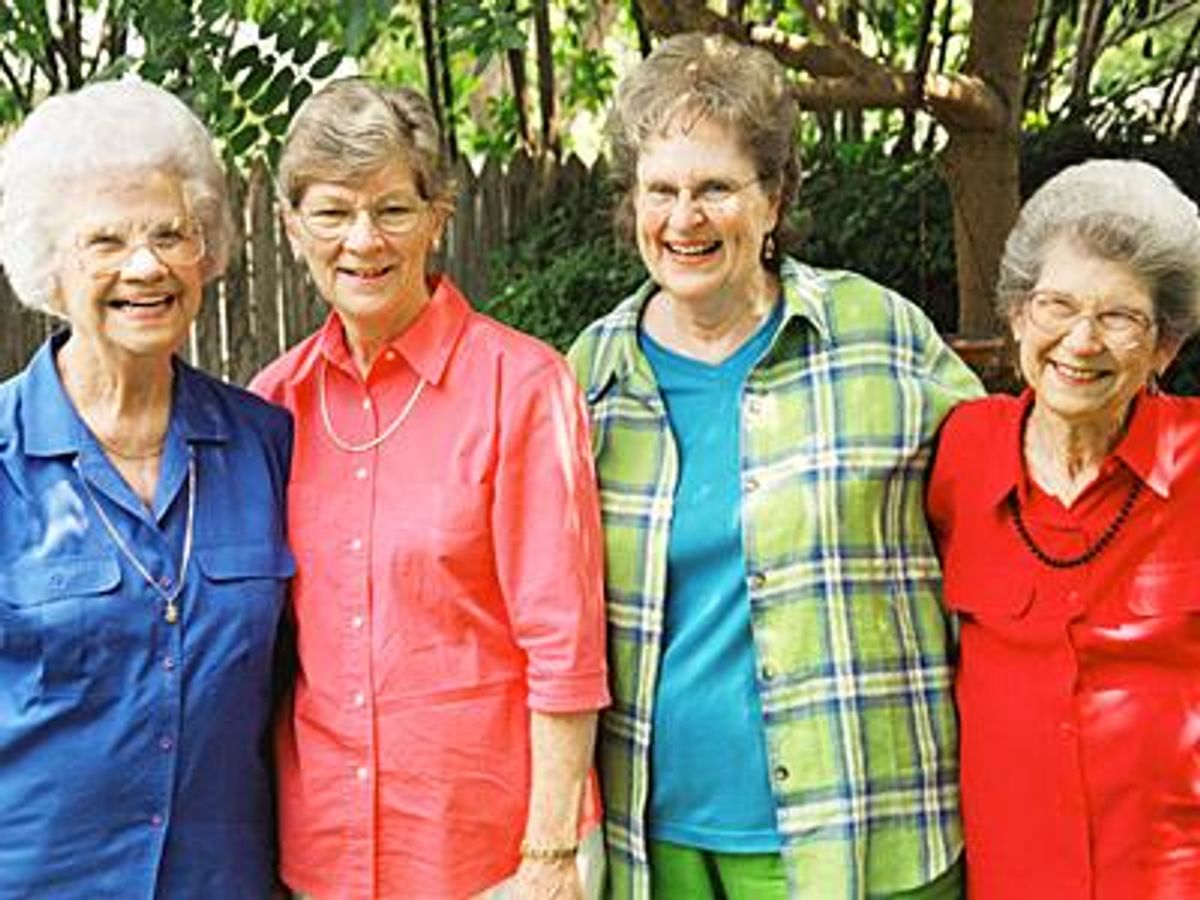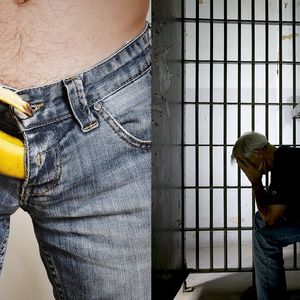Medicaid long-term coverage matters for elders and people with disabilities. It covers 70% of nursing home residents across the country. But since 1990, Medicaid's long-term care program has given protections to married straight couples that they've refused to extend to same-sex couples. This has had devastating consequences.
Elders risked losing their homes and life savings because they couldn't access these important safeguards. States couldn't extend these protections on their own unless they wanted to forego some federal funding. A few states--like Massachusetts, Vermont, and Connecticut--did just that. But last year the Obama administration gave all states the power to treat all families equally--with full federal backing--and this past June, California became the first state to act on this new option. It's a big first step that will help so many people in our community.
Take Vicky Guldbech and Sue DeVries. They're registered as domestic partners in California, and have been together for 25 years. They worked hard, saved, and share a mortgage on a house.
Vicky works for the city of San Francisco. Before retiring, Sue was a schoolteacher. Now in her 60s, Sue is battling both Alzheimer's and Lupus.
"We have been dealing with a terminal illness for a long time," says Vicky. "She was diagnosed just a little after we got together." Despite the fact that Vicky will do all she can to care for Sue in their home, Vicky knows that some day Sue will need to go into a nursing home.
Before the law changed, Vicky and Sue would have been treated like legal strangers.
Here's why the change in law matters.
If you're a single person, the law assumes that no one else is counting on your savings to pay the mortgage or rent or to buy food and medicine. To qualify for government coverage of your nursing home care (which can easily cost thousands of dollars a month), the government requires that a single person fork over almost all of her assets and monthly income before Medicaid will pay.
Medicaid treats married couples very differently. If you're married, the law recognizes that a spouse could be thrown into poverty if forced to give up savings and income. So, when a married person applies for Medicaid coverage for nursing home care, Medicaid allows the healthy spouse to keep more than $100,000 in the ill partner's assets, and it allows the at-home spouse to receive a portion of the ill spouse's income up to nearly $3,000 per month.
For many couples, these crucial protections keep the healthy spouse out of poverty. Before the law changed, same-sex couples had to apply as "single" people. Medicaid refused to recognize that often the partner at home was relying on that money to live. "Once the federal government created the opportunity to right this wrong, we wanted to act immediately to ensure that same-sex couples receive equal treatment at such a critical time in their lives," says California assemblyman Mike Feuer, who led the push for the legislation.
Without these new protections, tragedy is inevitable. In 2002, for instance, Pat McGinnis of California Advocates for Nursing Home Reform worked with an Oakland lesbian couple that had been together for 40 years. When the partner who'd been the bread-winner of the family had to go into a nursing home, her income went with her. "Her partner of 40 years was left to live on $900 a month," McGinnis says. "She couldn't pay the mortgage and soon lost the family home."
Because of the change in the law, Vicky and Sue won't face this. But for same-sex couples in most states, the law has not changed and same-sex couples are still at risk.
There is still much to do to win full equality for all LGBT elders, but California's new law--and the hope that other states will follow suit--is a big step. Vicky and Sue--and thousands of other couples like them--want to spend their future focused on caring for each other and their health.
"We have lived as a family for 25 years," Vicky says. "We shouldn't have to worry that because we're lesbians, the laws won't cover us."
With this change in the Medicaid laws, all same-sex couples in California are one step closer to that day.
DANIEL REDMAN is the Elder Law Project Fellow at the National Center for Lesbian Rights. He received his law degree from the University of California, Berkeley, School of Law (Boalt Hall).


















































































